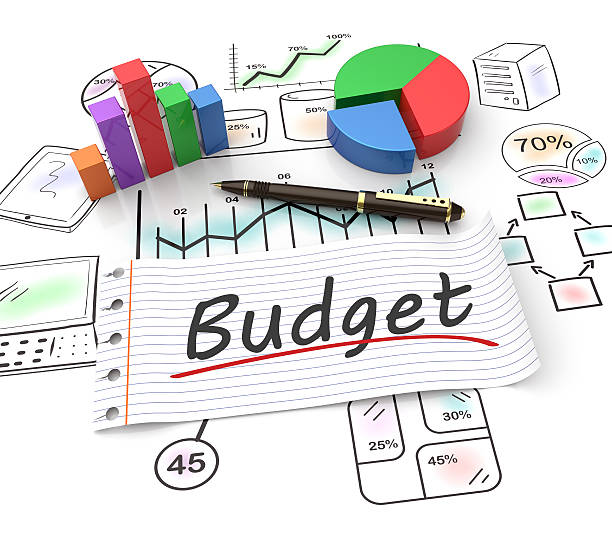
Previously, in this space we had covered the anticipated mini budget, which was later deferred by the government most likely due to the political fallout of rising inflation in the country. It was predicted that a new budget would further increase the prices in the country and now that the budget has been approved, it seems like it.
Read more: Will The Latest Mini Budget Make Cars, Petrol and Mobile Phones More Expensive?
“Mini budget” with rather large taxes
If you want to know the latest budget’s impact on the price of cars, you’re at the right place.
The Finance (Supplementary) Bill 2021 will affect the automobile sector in the following ways:
Imported vehicles
- On vehicles with engine capacity of 1,000cc-1,799cc, the Federal Excise Duty (FED) has been raised from 5% to 10%
- FED on vehicles of engine capacity 1,800cc-3,000cc has been increased from 25% to 30%
- FED on vehicles of engine capacity higher than 3,000cc has been raised from 30% to 40%
Imported Electric Vehicles (EVs)
The import duty on these vehicles will now jump from 5% to 17%.
Locally manufactured vehicles
- On vehicles of engine capacity 850cc to 1,000cc, the General Sales Tax (GST) has been raised from 12.5% to 17%.
- On vehicles of engine capacity 1,000cc to 2,000cc, FED has been raised from 2.5% to 5%.
- On vehicles of engine capacity higher than 2,000cc, FED has been increased from 5% to 10%.
- FED on double cabin vehicles has been increased from 7.5% to 10%.
Furthermore, Advance tax on vehicles:
- Up to 1,000cc have been increased from Rs.50,000 to Rs.100,000.
- For 1,000cc to 2,000cc vehicles, the tax has been increased from Rs.100,000 to Rs.200,000 and
- For vehicles higher than 2,000cc, the advance tax has been raised from Rs.200,000 to Rs.400,000.
Has the budget spared anything?
Believe it or not, it has.
- FED on locally assembled vehicles of up to 1,000cc engine will remain zero (0).
- FED on imported vehicles of up to 1,000cc engine will remain zero (0).
But didn’t the government just approve AIDEP 2021-26: Another U-turn?
Confused? So are we.
Only a week ago, in this space we had brought some automobile related good news.
To read the good news: AIDEP 2021-26: A Step Forward from ADP 2016-21 or a Bundle of Lofty Goals?
- The government after all had announced to decrease the GST to 12.5% to make cars more affordable for the masses. The tax has now been increased to 17%.
- Under AIDEP, FED was slashed down to 2.5%, which has now been raised to 5%.
- Under AIDEP, the government had announced to slash the regulatory duty to zero for vehicles 1800cc and below and at 15% for vehicles above 1800cc. However, now the same has been increased to 17%.
It seems that the ink on AIDEP 2021-26 had not even dried when the government decided to change its mind. Mixed signals sent to the auto industry will not affect the bigwigs, but the end consumer as the prices of vehicles are now expected to shoot up.
Which cars would now cost even more?
Due to an increase in GST on vehicles of engine capacity 850cc to 1,000cc, expect an increase in the prices of these cars:
- Suzuki Wagon R
- Cultus
On account of an increase in FED on vehicles of engine capacity 1,000cc to 2,000cc, expect an increase in the prices of these cars:
Fortner and Hilux prices are also most likely to increase because of double increase in FED.
This is not an exhaustive list since it does not include the price increase of imported cars, which are expected to experience the highest price jump.
While it can be safely said that prices will go up, but by how much? Please leave your comments below.








People r ready to pay ON MONEY, now they should pay tax…..
Instead of increasing tax on automobiles industry government should encourage and facilitate more growth of existing industries and collect more taxes as business activities increases by lowering taxes rates. Increasing taxes is not solution of paying Pakistan foreign debt.